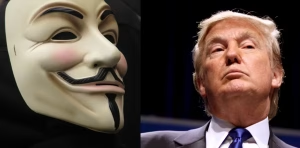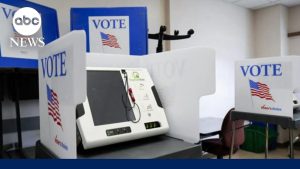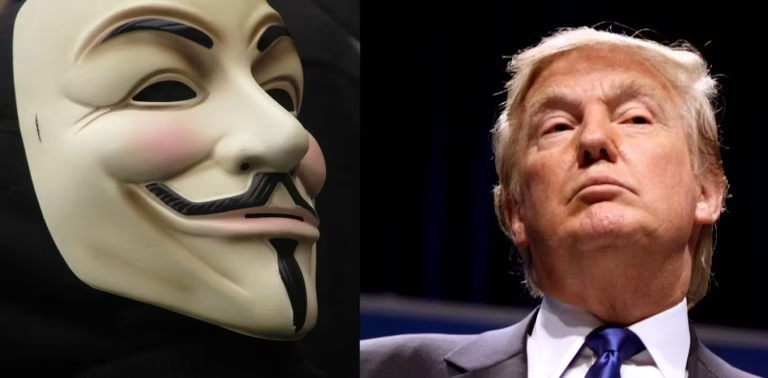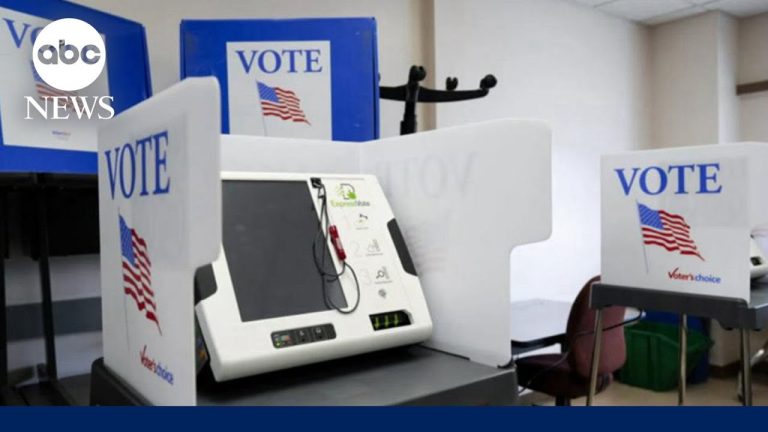-By Lizette Alvarez
May 28, 2011- Less than 18 months before the next presidential election, Republican-controlled statehouses around the country are rewriting voting laws to require photo identification at the polls, reduce the number of days of early voting or tighten registration rules.
Republican legislators say the new rules, which have advanced in 13 states in the past two months, offer a practical way to weed out fraudulent votes and preserve the integrity of the ballot box. Democrats say the changes have little to do with fraud prevention and more to do with placing obstacles in the way of possible Democratic voters, including young people and minorities.
Gov. Scott Walker of Wisconsin and Gov. Rick Perry of Texas signed laws last week that would require each voter to show an official, valid photo ID to cast a ballot, joining Kansas and South Carolina.
In Florida, which already had a photo law, Gov. Rick Scott signed a bill this month to tighten restrictions on third-party voter registration organizations — prompting the League of Women Voters to say it would cease registering voters in the state — and to shorten the number of early voting days. Twelve states now require photo identification to vote.
The battleground states of Ohio and Pennsylvania are among those moving ahead on voter ID bills, part of a trend that seems likely to intensify the kind of pitched partisan jousting over voting that has cropped up in recent presidential races.
When voters in predominantly black neighborhoods in Florida saw their votes challenged in the contested Bush-Gore election of 2000, Democrats made charges of disenfranchisement. In 2008 Acorn, a group organizing minority and low-income communities, became a particular target, with Republicans asserting that Acorn was trying to steal the election with large voter-registration drives, some of which were found to be seriously flawed.
Democrats, who point to scant evidence of voter-impersonation fraud, say the unified Republican push for photo identification cards carries echoes of the Jim Crow laws — with their poll taxes and literacy tests — that inhibited black voters in the South from Reconstruction through the 1960s. Election experts say minorities, poor people and students — who tend to skew Democratic — are among those least likely to have valid driver’s licenses, the most prevalent form of identification. Older people, another group less likely to have licenses, are swing voters.
Republicans argue that the requirements are commonplace.
“If you have to show a picture ID to buy Sudafed, if you have to show a picture ID to get on an airplane, you should show a picture ID when you vote,” Gov. Nikki Haley said this month when she signed the bill into law in South Carolina, using a common refrain among Republicans.
Changes to voter law tend to flow and ebb with election cycles as both Democrats and Republicans scramble to gain the upper hand when they hold power. The 2010 midterm election was a boon to Republicans, who now control 59 chambers of state legislatures and 29 governorships. In some states, like Florida and Texas, Republicans hold overwhelming majorities. This has allowed the bills to move forward.








